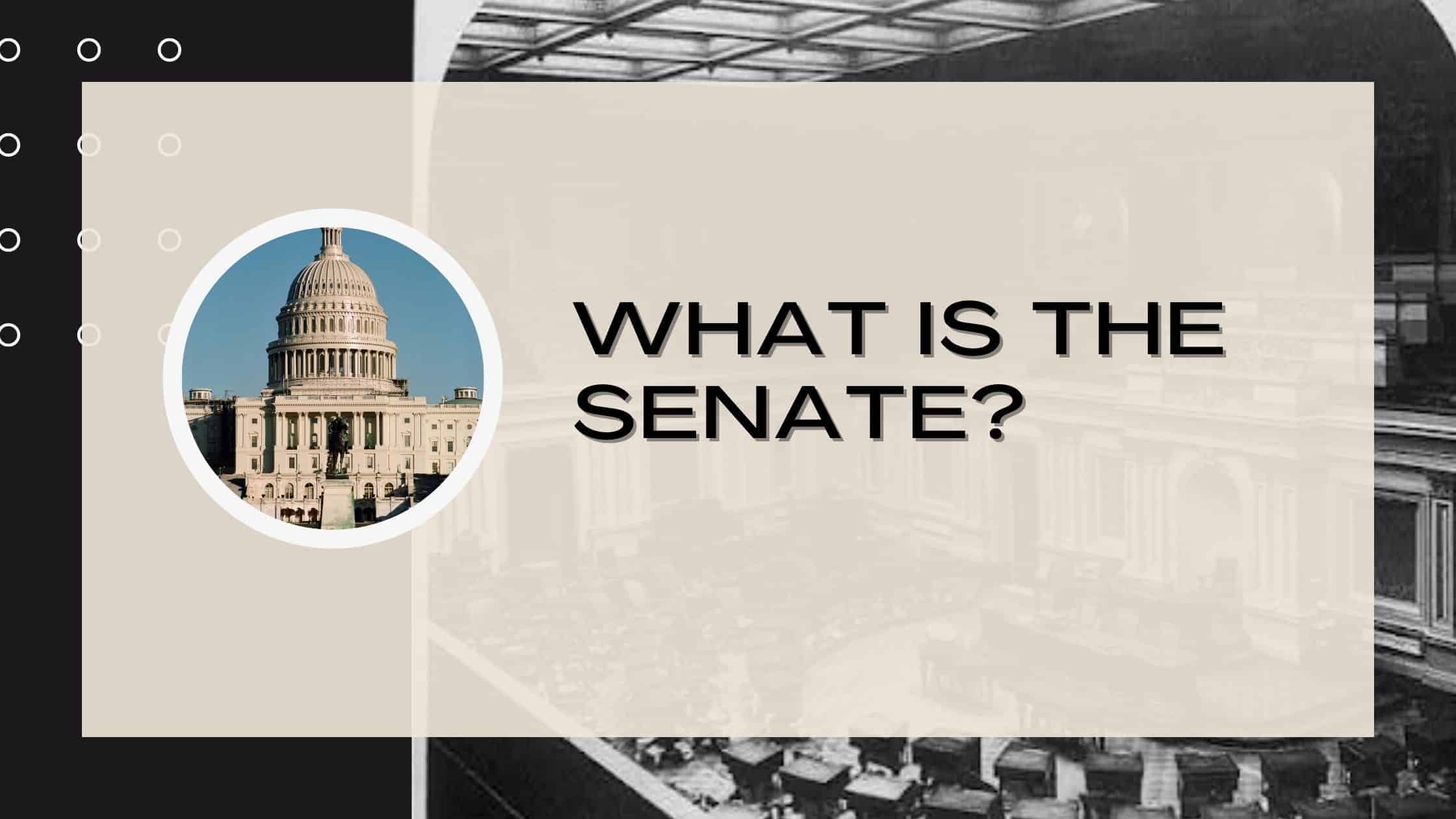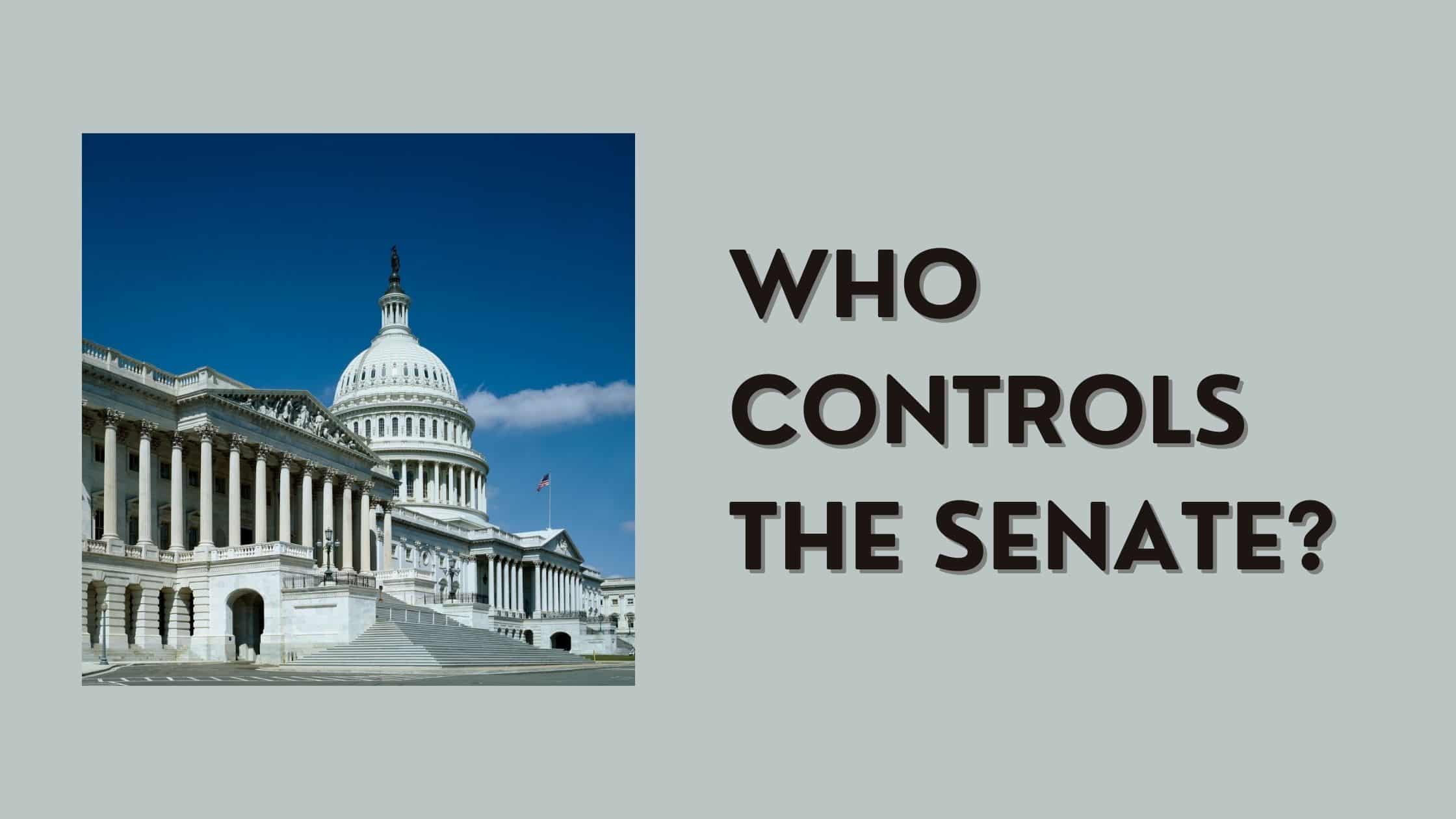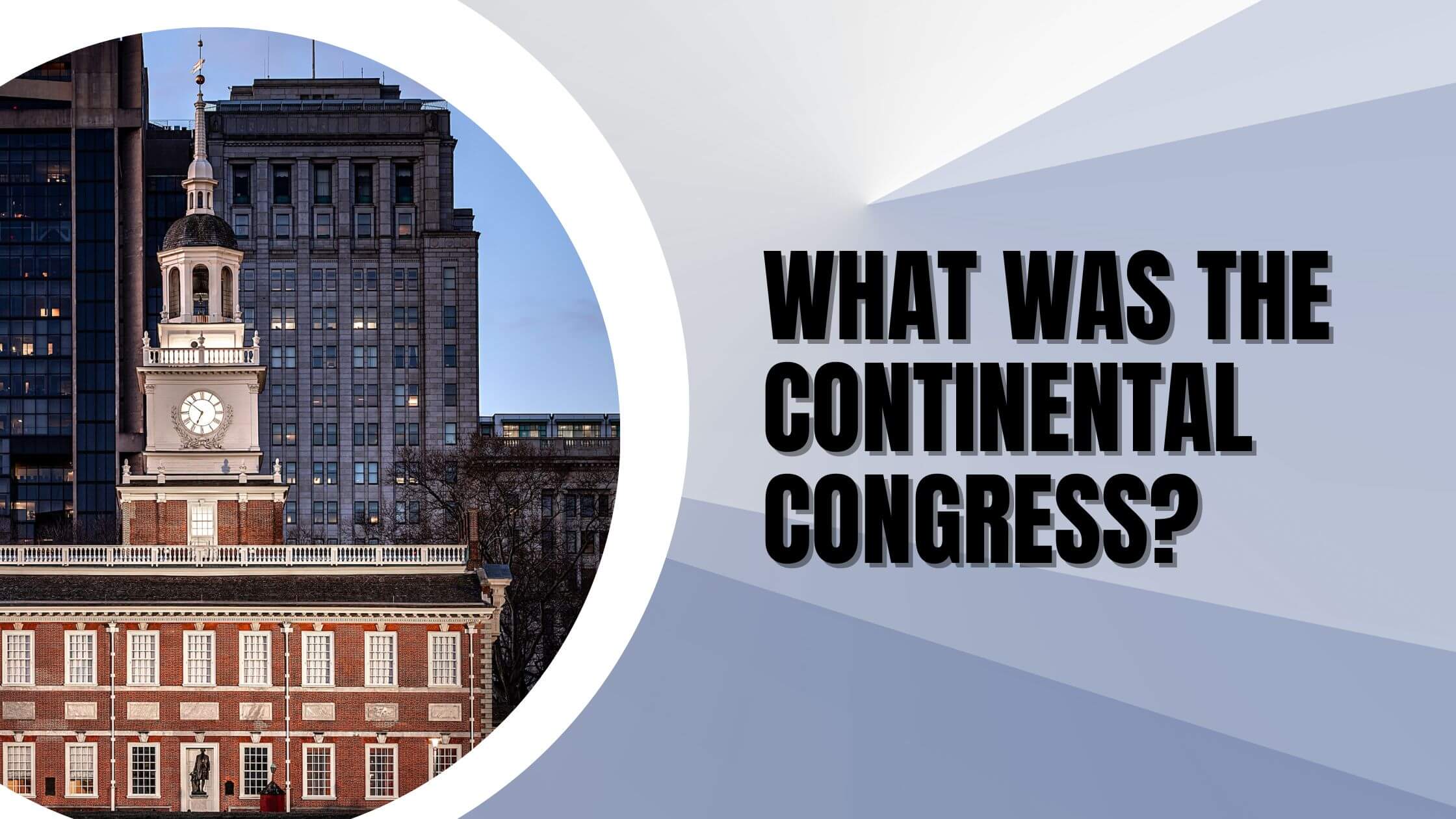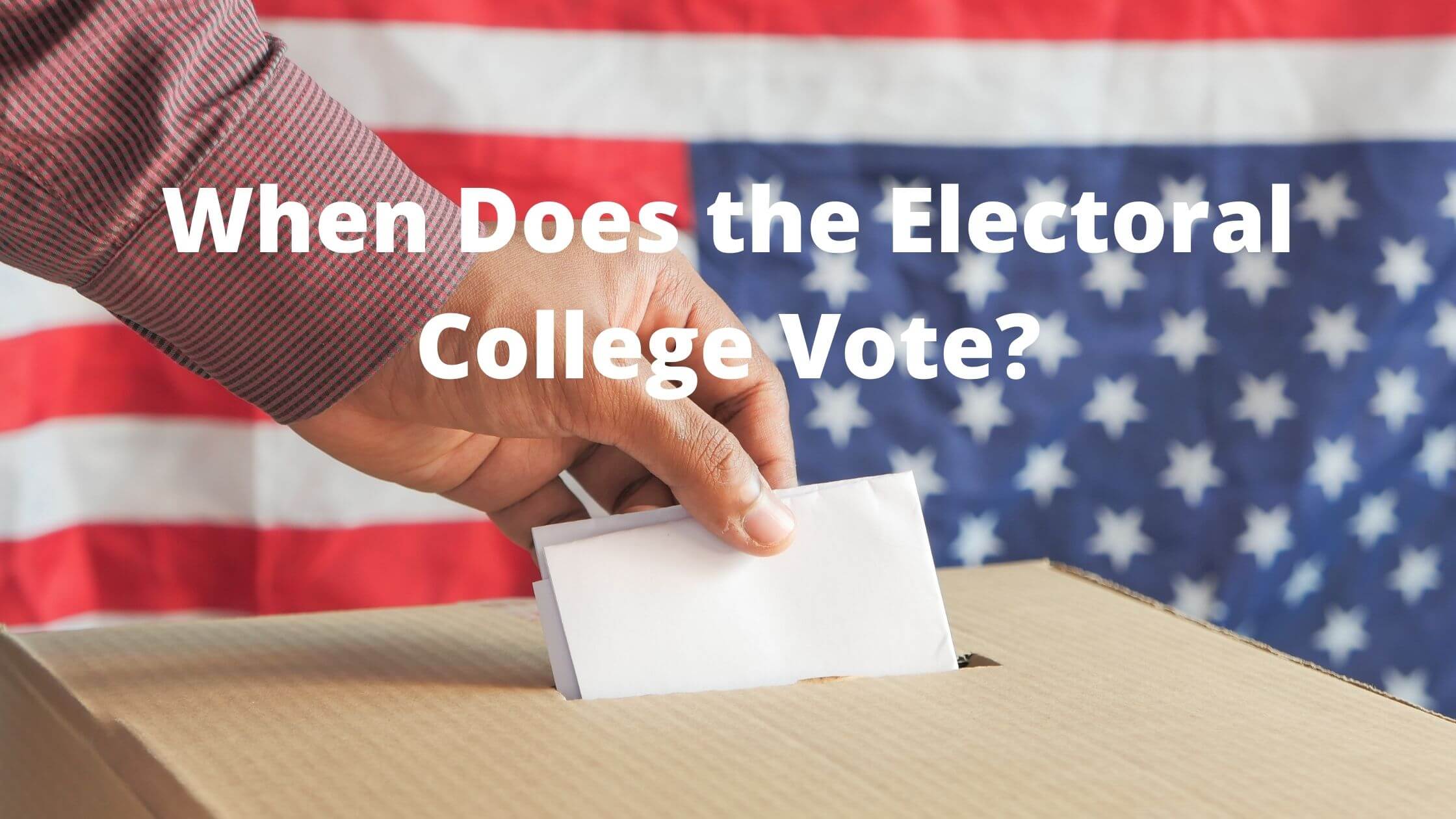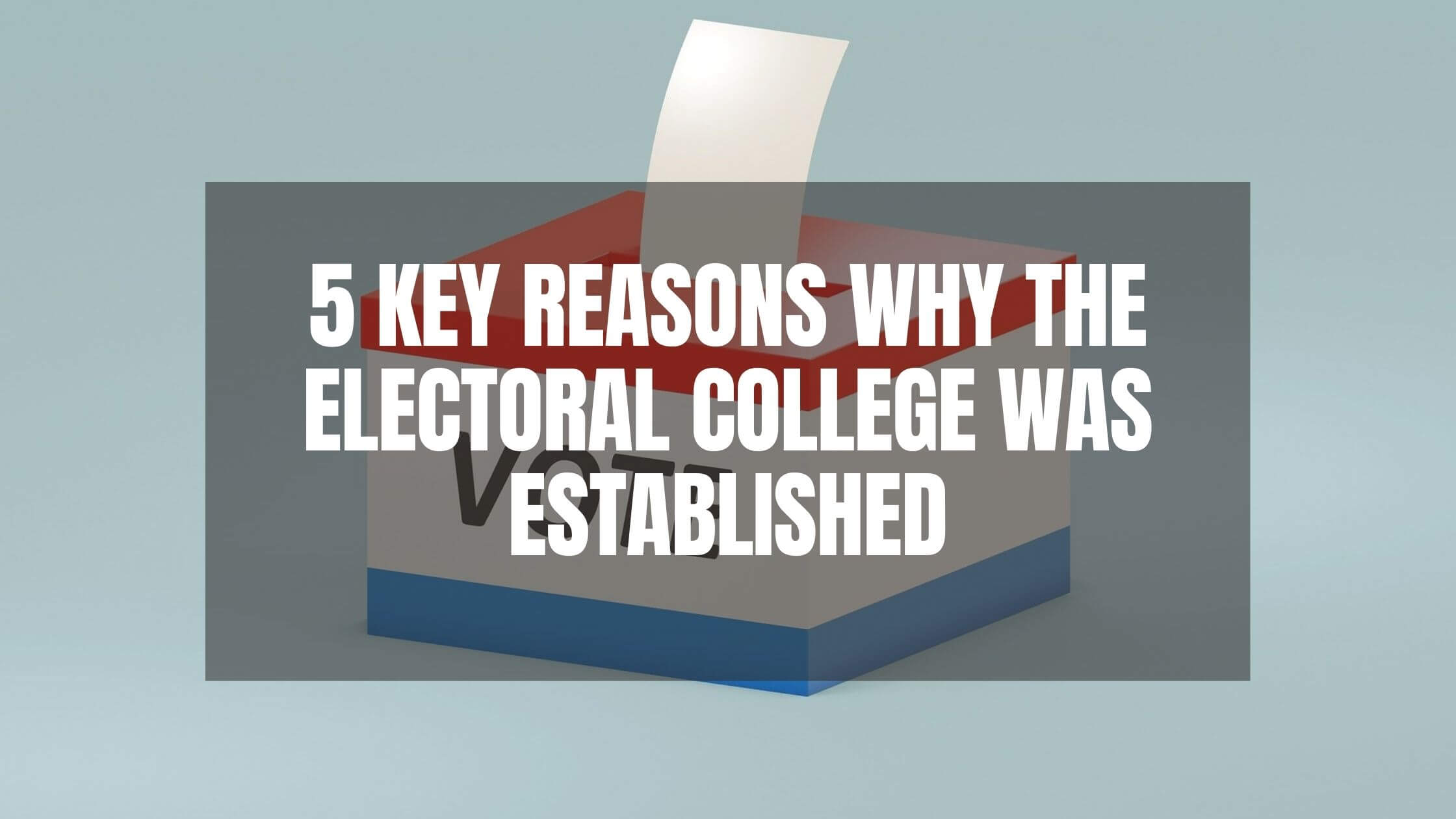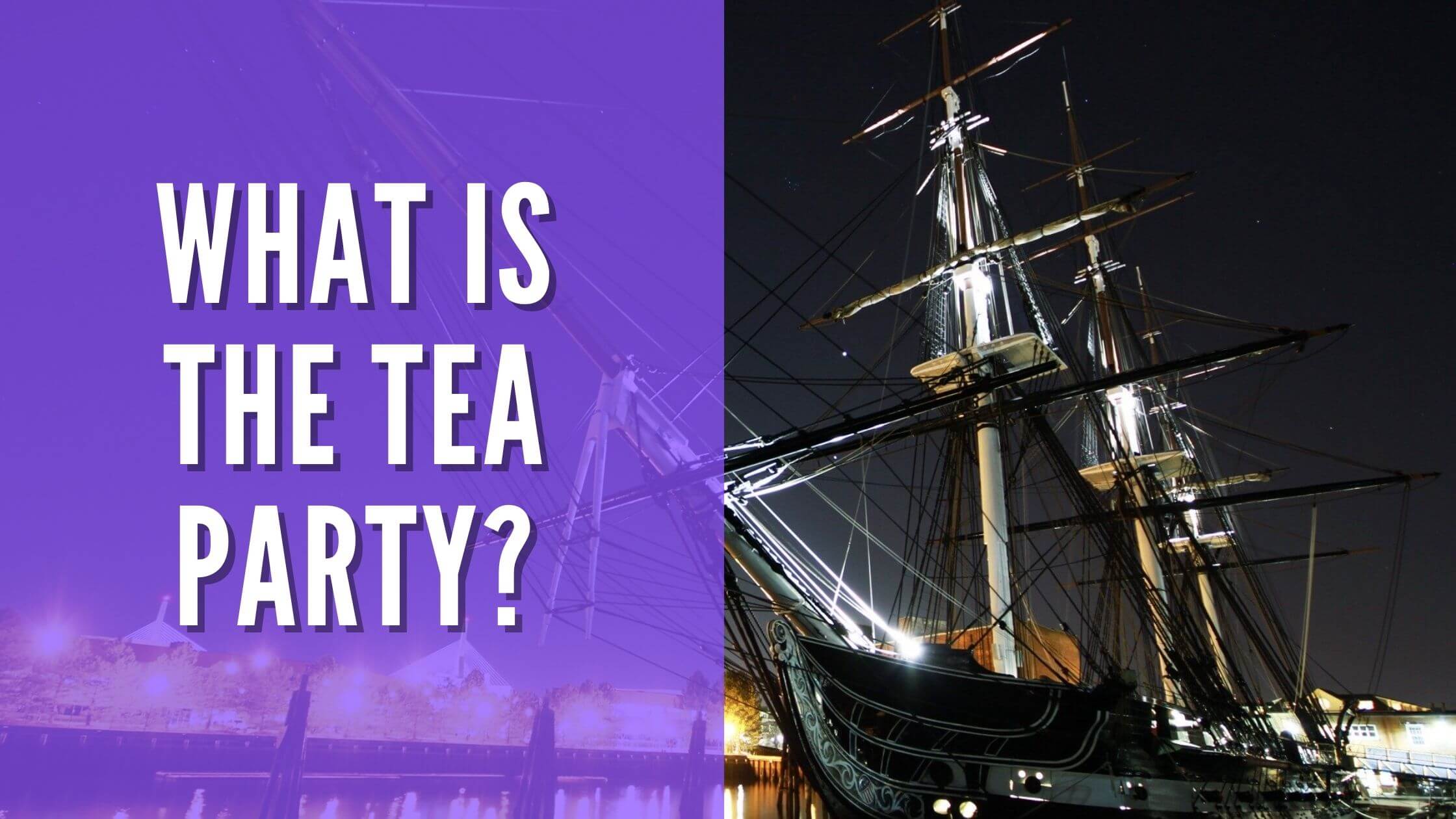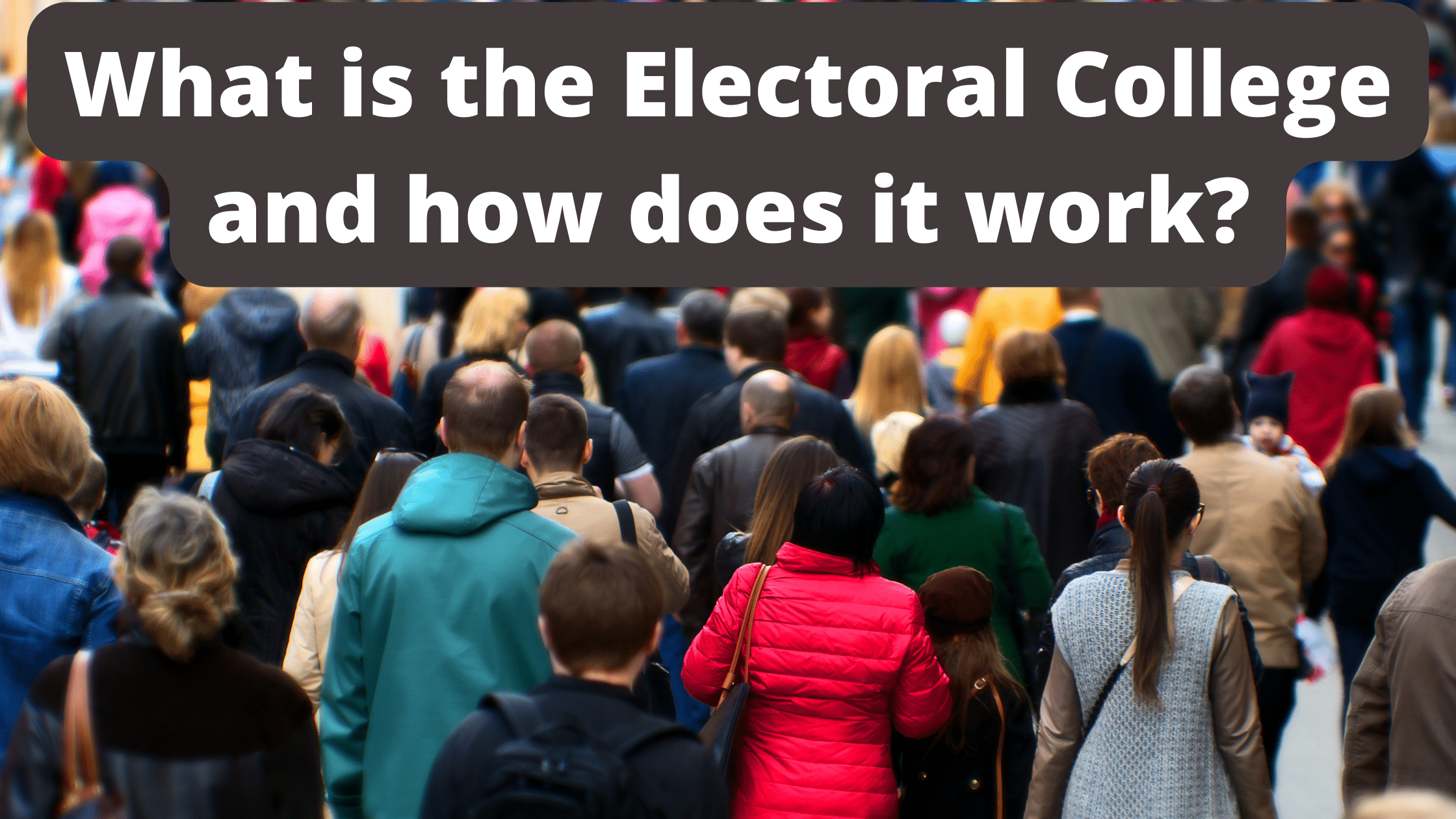Table of Contents
ToggleSources
- https://www.archives.gov/electoral-college/about
The National Archives provides an authoritative overview of the Electoral College, including its history and how it functions, which is essential for understanding the system's foundational aspects. - https://www.brookings.edu/blog/fixgov/2020/03/17/can-the-electoral-college-be-subverted-from-within/
Brookings Institution is a respected think tank that discusses the controversies and potential reforms of the Electoral College, making it relevant for debates on its abolition or reform. - https://www.nytimes.com/2016/12/19/opinion/time-to-end-the-electoral-college.html
The New York Times offers an opinion piece that critiques the Electoral College, providing arguments against its continued use, which aligns with the blog post's perspective. - https://www.pewresearch.org/politics/2020/03/13/a-majority-of-americans-continue-to-favor-replacing-electoral-college-with-a-nationwide-popular-vote/
Pew Research Center provides data on public opinion regarding the Electoral College, supporting the blog post's discussion on voter sentiment and the debate over its abolition. - https://www.history.com/news/electoral-college-founding-fathers-constitutional-convention
History.com explains the original intent behind the Electoral College as conceived by the Founding Fathers, which is relevant for discussing whether its original purpose is still applicable today.
Key Points
- The Electoral College system has been controversial, especially after the 2016 election where Hillary Clinton won the popular vote but lost the Electoral College to Donald Trump.
- There is ongoing debate about abolishing the Electoral College, but no significant progress has been made toward repeal or amendment.
- The Electoral College creates inequality in voting power, with voters in less populous states like Wyoming having more influence than those in more populous states like California.
- The system does not guarantee that the winner of the popular vote becomes president, as seen in 2016 and in the 2000 election with George W. Bush and Al Gore.
- The original purpose of the Electoral College, established in the 18th century, is considered outdated due to modern communication technologies.
- Proponents argue the Electoral College prevents unqualified candidates from winning, but opponents believe it has lost its relevance in modern politics.
- The Electoral College gives certain states disproportionate influence in elections, as candidates focus heavily on swing states like Florida, Pennsylvania, Ohio, and North Carolina.
- Abolishing the Electoral College would require a constitutional amendment, making it a difficult and lengthy process.
- Reforming the Electoral College, rather than abolishing it, is seen as a more practical solution to address its drawbacks.
Summary
The Electoral College system has faced criticism for allowing candidates like Donald Trump to win the presidency despite losing the popular vote, as seen in 2016. Critics argue it creates unequal voting power among states and is outdated, as its original purpose—addressing 18th-century communication challenges—no longer applies. While calls for abolition persist, reforming the system is seen as a more feasible solution than a full constitutional overhaul. Key takeaways: - The Electoral College can override the popular vote, raising concerns about democratic representation. - It gives disproportionate influence to smaller states and focuses campaigns on key battlegrounds. - Reform, not abolition, is the most practical path forward due to constitutional hurdles.
About the Electoral College
The Electoral College system has been marred with controversies for a long time. The most recent one was the 2016 presidential election. The Democratic presidential candidate Hillary Clinton won the countrywide popular vote by over 2 million but lost on the Electoral College vote to Republican candidate Donald Trump.
After trouncing his main rival, Trump was declared the winner by 74 electoral votes.
Abolition of the Electoral College
This sparked a heated debate among the US nationals, with some advocating for its abolition while others term it good for US politics. The debate is still raging, but no serious progress has been made regarding its repeal or amendment.
That said, let’s look at why the Electoral College is bad in the eyes of the voter and presidential candidates.
Inequality in Vote
Since the Electoral college structure is founded on the levels of population per state and Congress representation, some electorates have a superior ballot than the rest when it comes to delegates. A definite example of this case is Wyoming vs. California.
Although California is more populous than Wyoming, the power of California’s vote is inferior to that of their counterparts by 30 percent. This downside implies that if you reside in =a less populous state like Wyoming, your vote could carry more weight in determining who becomes the president.
No guarantee winning candidate of popular vote becomes president
An example of this is the 2016 US presidential election where Hilary Clinton won the popular vote but lost to Donald Trump on Electoral College. This was not the first time in the US presidential election where a candidate who lost the popular vote was declared the ultimate winner.
The same case applied to George W. Bush, who lost the nationwide vote to Gore but won the electoral college.
The Electoral College neutralizes the majority of the population’s continued dominance over the minority. That makes it pretty confusing to claim that the White House undoubtedly reflects the people’s will.
The Motive Behind Electoral College is No longer Relevant.
The Founding Fathers settled for an Electoral College in the 18th century because information management was significantly different from what it is today.
Americans had to wait for days or weeks to get information on what was happening in the US capital. Presidential candidates traveled to every state to sell their manifestos to electorates. Only through print media and in-person could people learn what is happening in their country.
However, communication has evolved tremendously today, making sharing information much easier and faster. Today, there are several forms of communication that you can use to convey a message instantly. They include email, social media, mobile phone calls, and so on. Everyone can scrutinize this information to tell whether there is any bias in a news story.
It doesn’t live up to its expectation anymore.
Proponents of the Electoral College believed that it would serve its intended purpose despite imperfections. The logic behind the Electoral College was to impede the government’s executive arm from sliding to a person who lacks the required qualifications to lead Americans.
Opponents of the Electoral College claim that the victories of Donald Trump and Ronald Reagan are a demonstration of its loss of relevancy in modern US politics.
It gives some states the upper hand in determining presidential elections
In the 2016 presidential election, the leading candidates, Donald Trump and Hillary Clinton spent over 70 percent of their campaign time in only 11 states. Nearly 75 percent of those rallies happened in only four states, namely Florida, Pennsylvania, Ohio, and North Carolina.
Proponents of the Electoral College wanted every state to contribute to the election’s outcome, but this is no longer the case. Instead, the leading candidates put more attention on more populous states.
Also, the structure of the Electoral College dissuades rival candidates from pursuing votes in states perceived as strongholds for their competitors.

Get Smarter on US News, History, and the Constitution
Join the thousands of fellow patriots who rely on our 5-minute newsletter to stay informed on the key events and trends that shaped our nation's past and continue to shape its present.
Bottom Line
Despite its drawbacks, Electoral College seems it is here to stay. The process to abolish it would necessitate a constitutional change, a lengthy and often impractical process.
Reforming the Electoral College without getting rid of it remains the most effective option in initiating the necessary changes.
What is wrong with the electoral college? Quiz
Frequently Asked Questions
What was the controversy surrounding the Electoral College in the 2016 presidential election?
Why do some people argue that the Electoral College creates inequality in voting power?
Has a candidate ever won the presidency without winning the popular vote?
Why do opponents argue that the Electoral College is no longer relevant?
How does the Electoral College influence campaign strategies in presidential elections?
How useful was this post?
Click on a star to rate it!
Average rating / 5. Vote count:
No votes so far! Be the first to rate this post.
We are sorry that this post was not useful for you!
Let us improve this post!
Tell us how we can improve this post?

